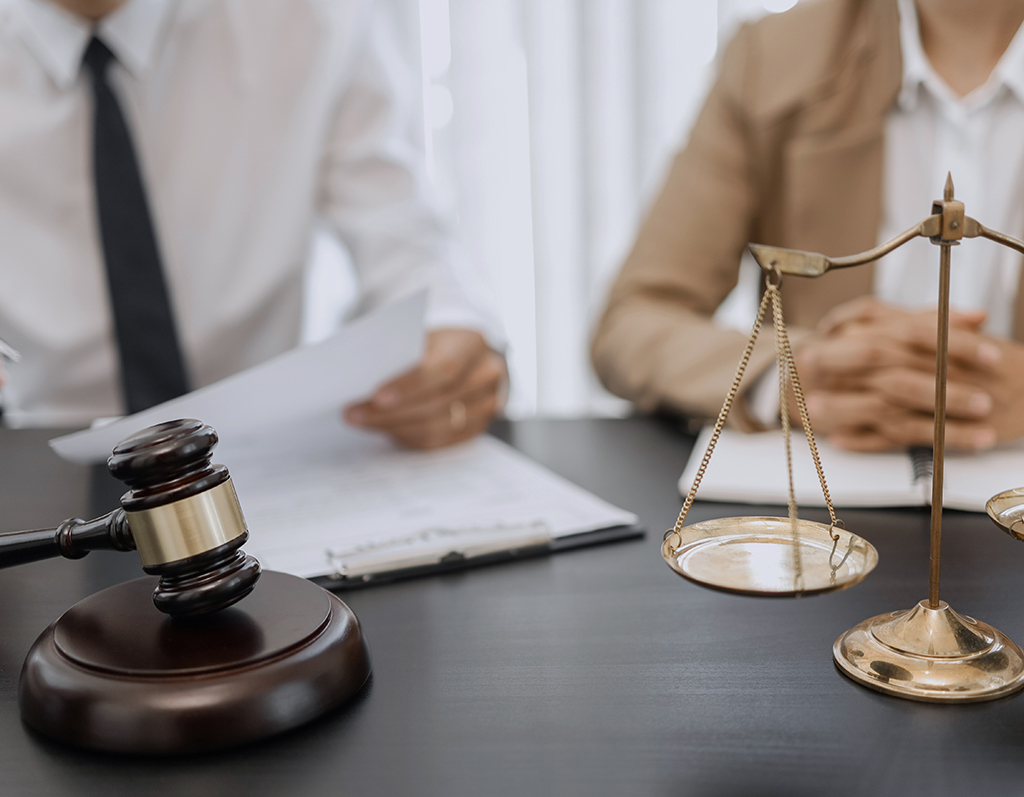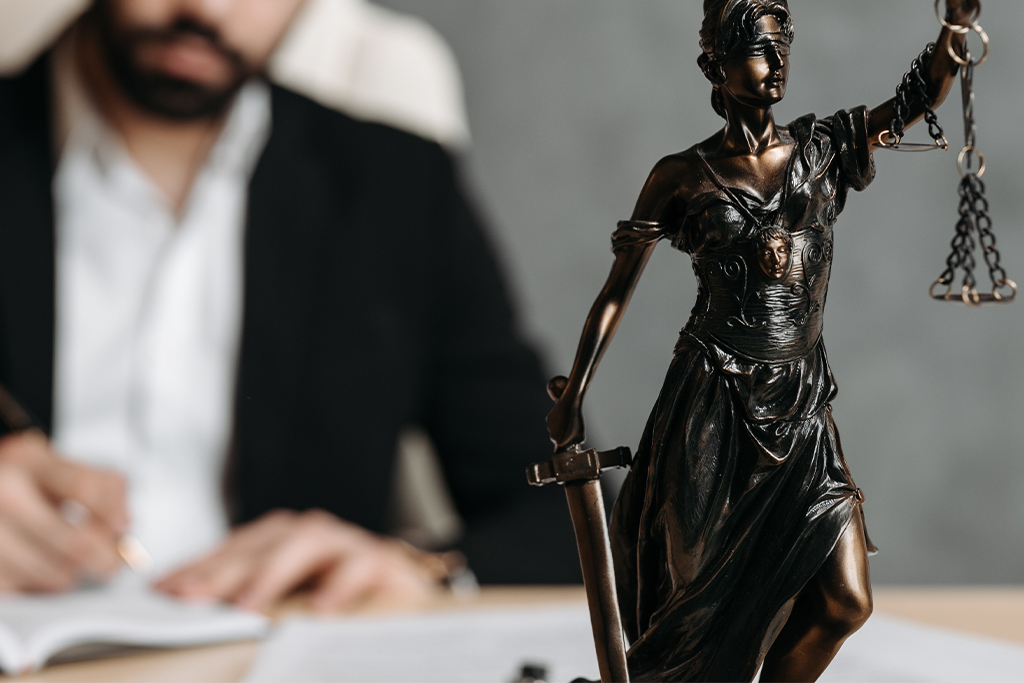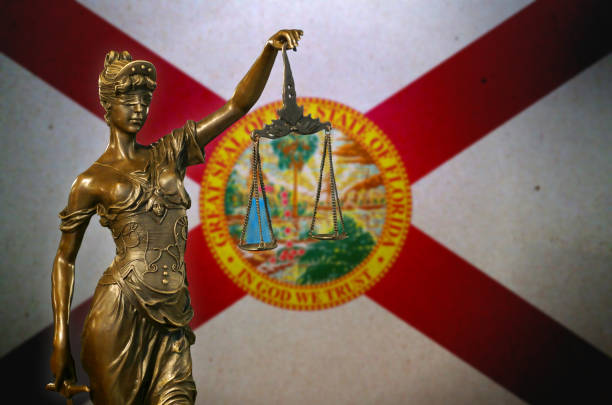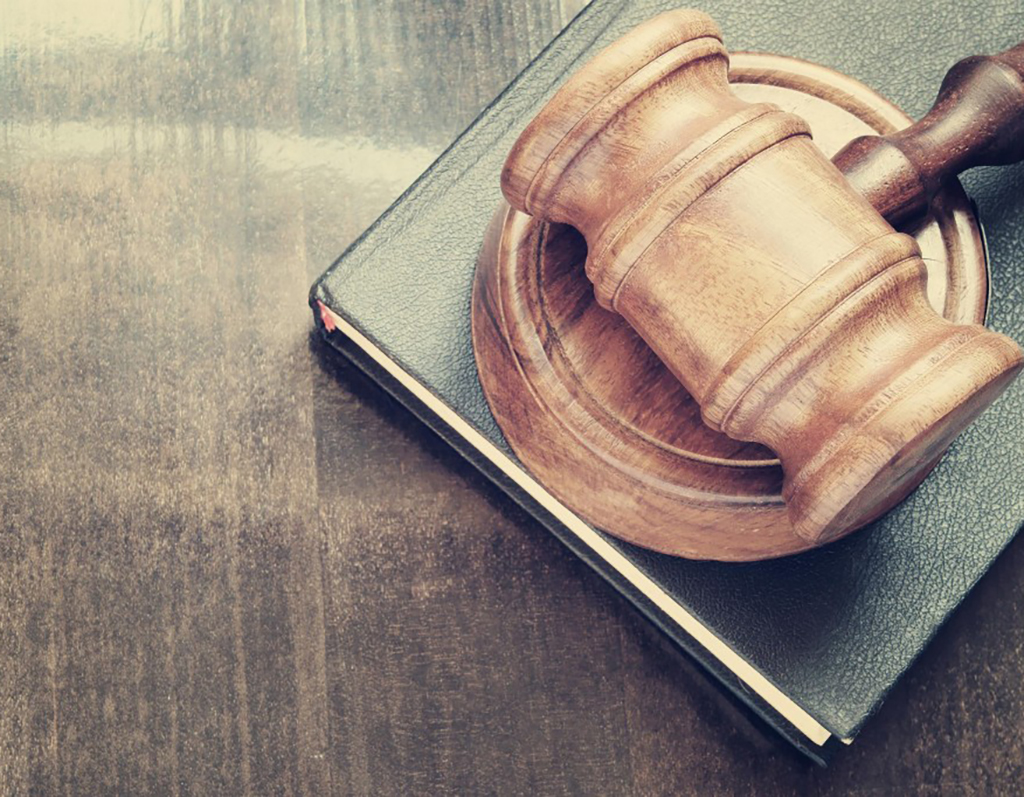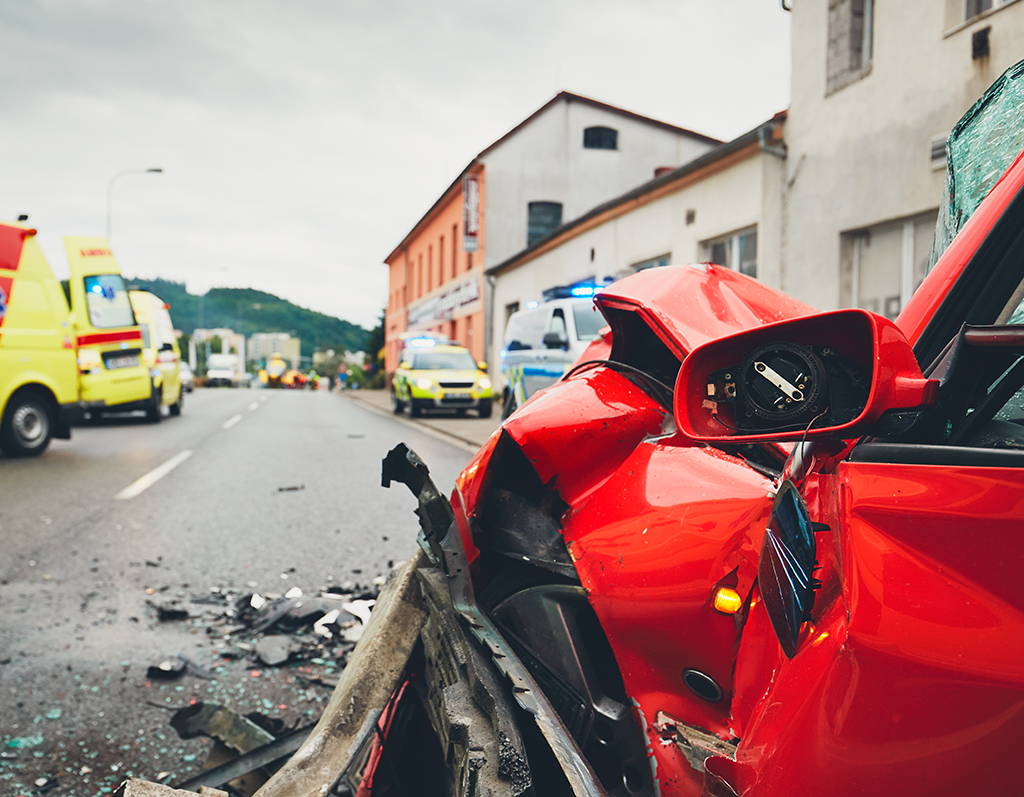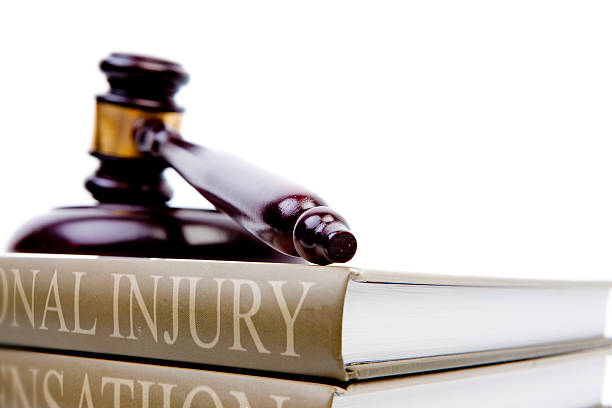If you’ve been hurt because someone else was careless, you need to make sure you get compensated for your suffering so you can pay your medical bills and replace your lost income. However, it can be difficult to negotiate a fair settlement in a personal injury lawsuit. Negotiation skills are essential since insurance firms frequently try to settle for less than you deserve. This blog post will discuss six key strategies that will aid you in negotiating a reasonable settlement for your personal injury case.
1. Know Your Subject Well
Be well-versed in your position before entering into talks. Learn all you can about your injuries, expenses related to your care, property damage, and other losses. With this information in hand, you’ll be able to argue your case more persuasively and enter into negotiations with more leverage.
2. Present Evidence
A solid body of evidence is the backbone of a productive negotiation. Gather any and all supporting evidence, such as hospital records, police reports, photos, and testimonies from eyewitnesses. You can improve your case and demonstrate your dedication to seeking fair compensation by presenting the information in an orderly fashion.
3. Add up all of your losses
Know the full magnitude of your losses so you may negotiate from a position of strength. Both monetary (such as money spent on medical care) and intangible (such as emotional distress) losses are included here. Damages can be negotiated from a position of strength if you begin by putting a dollar amount on each lost opportunity.
4. Have Reasonable Goals
It’s human nature to hope for the best, but it’s also important to be practical about what you expect to happen. Do your homework on similar instances, talk to lawyers, and learn what a fair settlement would be in your scenario. Frustration is more likely to result from unrealistic expectations than from the actual talks itself, therefore it’s crucial to go into them with an accurate picture of the landscape.
5. Don’t accept any pre-settlement offers
The insurance company’s early settlement offer may appear appealing, but it likely won’t cover all of your costs. These deals are made to limit your compensation and hinder a comprehensive investigation of your claim. It’s usually best to hold out for better offers, consult an attorney, and calculate your losses in full before giving in.
6. Consult with a Skilled Personal Injury Lawyer
Working with an experienced personal injury attorney is one of the best ways to ensure a just resolution to your case. The true value of your case can only be determined by an attorney because of their expert knowledge of the law, their familiarity with insurance companies, and their ability to negotiate on your behalf. Your bargaining position will be strengthened thanks to their advice and assistance.
Conclusion:
Successful personal injury settlement negotiations are the result of forethought, effort, and strategy. A successful resolution is more likely if you prepare your case meticulously, present convincing evidence, appropriately assess damages, keep your expectations in check, refrain from making any hasty decisions, and retain the services of an experienced attorney. Keep in mind that a just settlement will help you go on with your life after a traumatic event in more ways than one.


